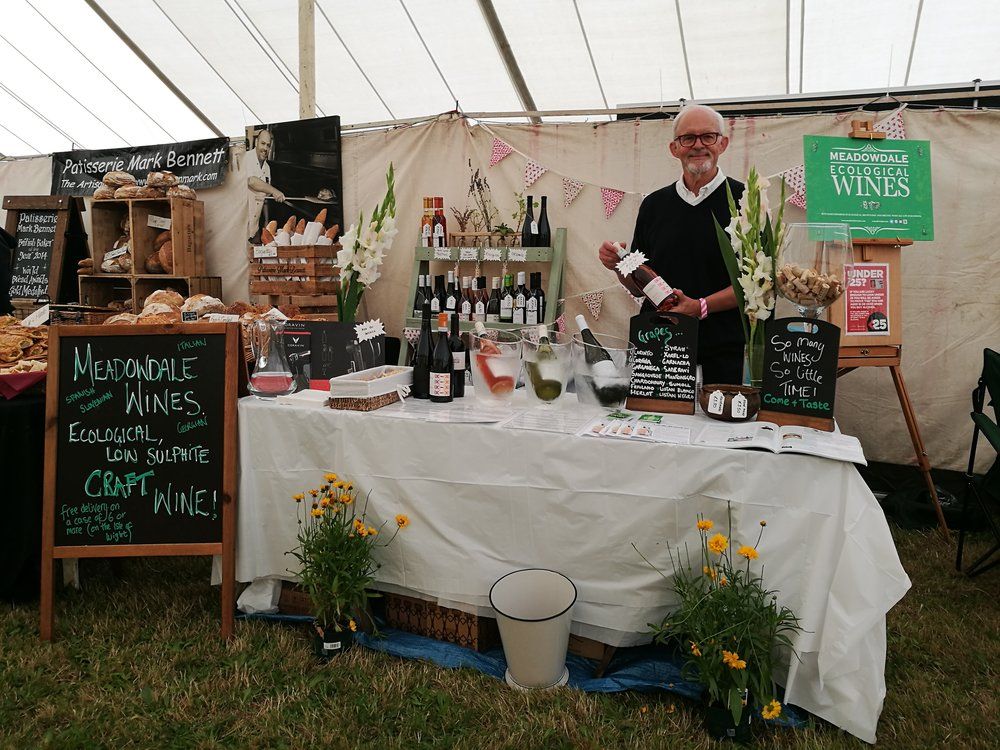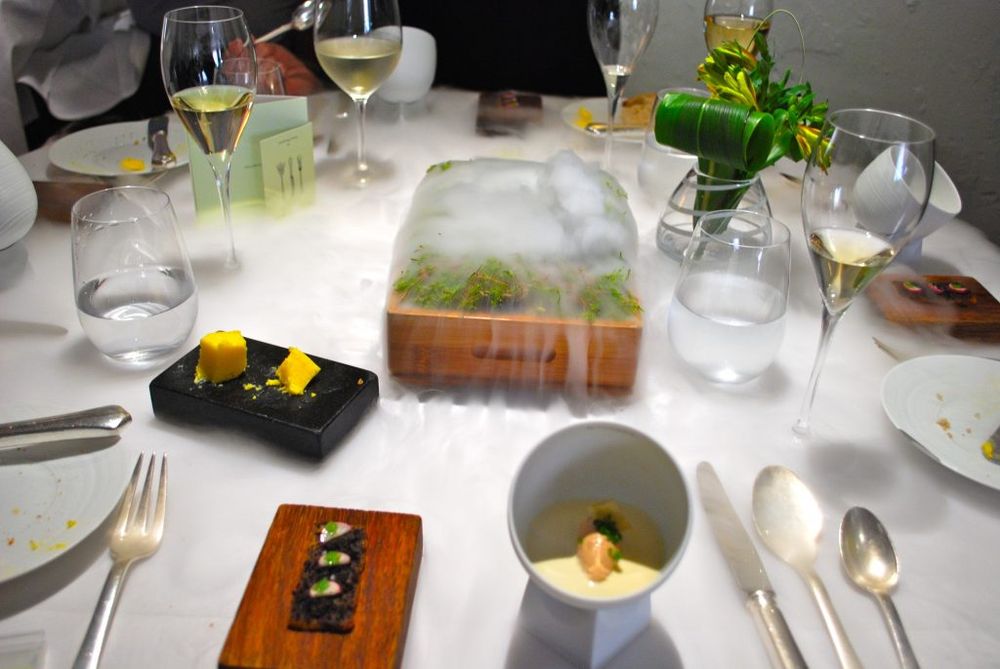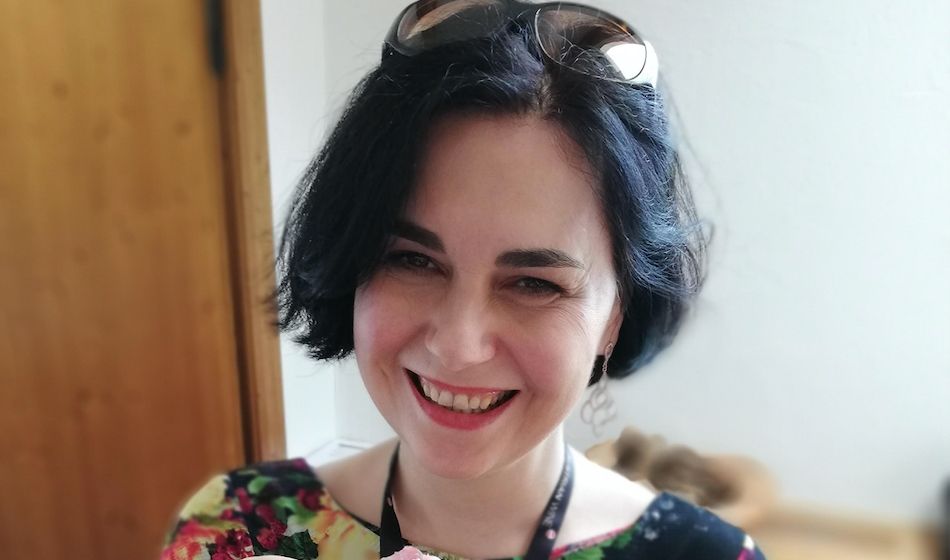How closely do you look at the sulphur dioxide levels in the wines you sell? For Dr Jan Lindfeldt it is absolutely paramount and determines whether or not it is going to become part of his new wine importing business.
You’ve heard of organic wines, biodynamic wines, natural wines and just to throw another term into the mix, a Swedish medical doctor turned UK wine merchant has coined the phrase ‘ecological wines’ to describe his own take on the world of environmentally friendly, no fuss winemaking.
Dr. Jan Lindfeldt, an expert in the side effects of drugs and experimental surgery,is now enjoying a second career as an importer and distributor of wines from the road less travelled including Tenerife and Georgia, through Meadowdale Ecological Wines. His policy is that the wines must be produced with no synthetic chemicals and he has a self-imposed rule that all the wines he sells must contain less than 100mg/l of sulphur dioxide.
His website, for example, states the total SO2 levels of each wine with a Slovenian Merlot containing less than 20mg/l and a Georgian Saperavi 33mg/l. (Under EU law, red wines are allowed to have a total sulphur dioxide content of 150mg/l, rising to 200mg/l for dry white wines and rising higher still for sweet wines.)

Dr Lindfeldt wants to bring a different slant to natural wines to sommeliers and wine merchants.
“To me, ecological wine embraces organic, biodynamic wine or natural wine: wine that is made using minimal intervention without synthetic products in the vineyard and minimal intervention in the winery but attentive winemaking. And these wines – provided that they are consumed in moderation, of course – should not be damaging to your health,” he says.
Lindfeldt has come a long way from his days of drinking Beaujolais Nouveau in Sweden. One of his first experiences buying wine was “queuing up outside the local monopoly store [Systembolaget] in November to get as much Beaujolais Nouveau as you could”. But it didn’t make a good impression. “I learned that you had to drink at least two glasses before you could bear its horrible taste!”
From medics to wine and back
Fast forward to 2009 and a stint working for a vaccine company in Siena (he speaks seven languages including Italian) flicked his wine switch firmly on. However, he also discovered a side to wine production that made him baulk: with a long career in pharmacology examining the side effects of drugs and ensuring they were correctly labelled, he was shocked to discover that many wines weren’t made solely from grapes and yeast.
“There were a lot of chemicals in wine that I was not was not aware of,” he says.In modern times, few have actually been poisoned by wine (antifreeze scandal in the 1980s excepted) but you catch Lindfeldt’s drift – there are many synthetic products that are used in conventional viticulture and winemaking to get the grapes to the winery in a healthy state and safely into a bottle.

With its scientific approach to food there could not be a more appropriate place for Dr Lindfelt’s ecological wines
So, he started a crusade to find wines that shunned chemical intervention. He says that he couldn’t find anything he liked in the UK supermarkets so he decided to import the wines himself and the foundations of Meadowdale Wines were put in place.He had a win early on with Master Sommelier Isa Bal listing many of his wines at The Fat Duck.
He isn’t in business to take over the UK wine trade but to cater for like-minded sommeliers, independents and private clients that want to drink something unique that has been produced as naturally as possible. As a result, he has a small portfolio of 45 wines from 10 producers including a spicy, muscular Saperavi from Georgia and a smoky, exotic red wine from Tenerife that is literally made in a garage and screams for a big hunk of meat.
“I’m like Vincent Van Gogh,” he says, although Lindfeldt is still alive and has two ears. “He wouldn’t sell a bad painting and I couldn’t sell a bad wine.”
Meadowdale Wines operates out of the Isle of Wight, where he now lives although his business looks toward London for the lion’s share of its business. “London is the capital of the natural wine movement in the UK – it is thirsty for exciting wines that are made using minimal intervention and come from places less ordinary.”
He regularly jumps on the car ferry to the mainland with wines in the boot of his car and his Coravin at the ready. He says he is delighted to hear from curious wine lovers and show them his ecological wines. He guarantees it will be an unforgettable experience for all the right reasons – no Beaujolais Nouveau allowed.
- If you want to know more, contact him at www.meadowdalewines.com and jan@meadowdalewines.com.








































